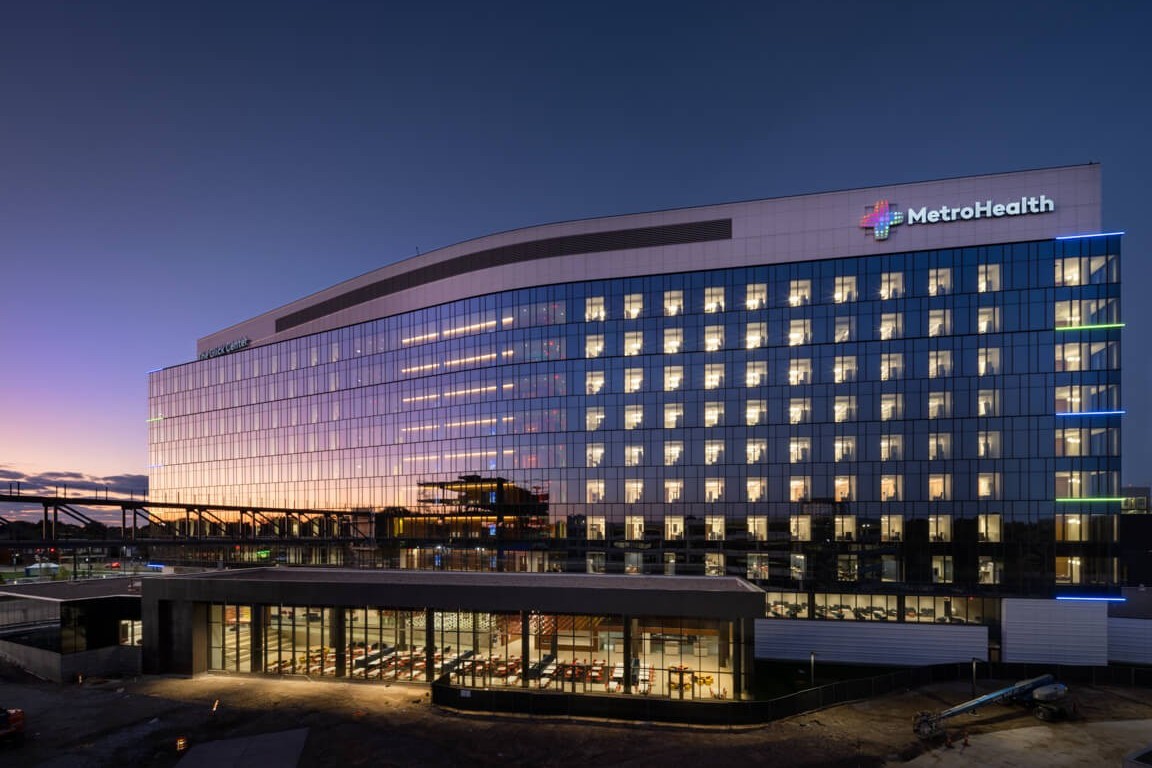The philosophy of our program is to provide an experience which integrates the academic and practical aspects of pathology in an environment conducive to learning and to inquiry. The resident is encouraged to develop the ability to observe, to reason and to think independently in reaching diagnostic conclusions and to present those ideas and observations in a critical but friendly atmosphere.
In this program residents learn by observation, by participation, by discussion, by supervised practice and by exposure to the role models of independent thought and decision-making in the interest of the patient.
See a message from the Program Director, and meet the program leadership.
The pathology residency program is designed as a four-year experience in anatomic and clinical pathology. Anatomic and clinical pathology rotations are staggered in alternate years throughout the program.
In the combined AP/CP program of 4 years, anatomic pathology training covers 25 months and includes surgical pathology, autopsy pathology, cytopathology and forensic pathology.
Clinical pathology training covers 20 months and includes: clinical chemistry, hematology and coagulation, microbiology/virology, immunology and flow cytometry, transfusion medicine, laboratory management and informatics, and HLA and tissue typing. Three months are allotted for elective rotations.
Frequently Asked Questions
Pathology residents at MetroHealth train in a unique educational environment which combines the best of academic medicine in Cleveland with outstanding, high-volume, hands-on diagnostic training. In 2018 we accessioned over 25,000 surgical cases, which ranged from benign and common entities to complex oncological specimens and performed over 92 autopsies.
Additionally, our faculty, staff, and residents enjoy working closely in a collegiate atmosphere within the department and participate in multiple interdepartmental conferences. In addition to a robust academic foundation and the unique breadth and depth of the patient pathology encountered at MetroHealth, our residents consider the camaraderie within our department to be one of our greatest strengths
The pathology residency program offered at MetroHealth Medical Center is a combined 4 year anatomic and clinical pathology curriculum (AP/CP), in which the first and third years are predominantly dedicated to anatomic pathology (AP), and the second and fourth years are predominantly dedicated to clinical pathology (CP). The anatomic pathology years are divided into three main rotations: surgical pathology, cytopathology and autopsy pathology.
The resident must perform at least 30 autopsies by the end of the fourth year. During the clinical pathology training years, monthly rotations of the core clinical areas include: microbiology, immunology, molecular pathology, transfusion medicine, hematology, and clinical chemistry.
The majority of time is spent at our main campus (MHMC). Several outside rotations include:
- 2 weeks at the Cuyahoga County Medical Examiner’s Office
- 2 weeks at University Hospitals Cleveland Medical Center, cytogenetic lab
- 2 weeks at Cleveland Clinic Foundation, HLA and tissue typing
- 2 weeks at Cleveland Clinic Foundation, special coagulation lab
Residents will have available approximately 3 months of elective time during the 3rd or 4th year rotation schedule in anatomic and clinical pathology. Elective time can be used for a rotation in a specialty area or supervised research project.
The residents give multiple intra- and interdepartmental conferences throughout the academic year. In addition, there are didactic lectures given by our faculty several times per week in both anatomic and clinical pathology. The didactic lectures within surgical pathology are systematic reviews, organized into month long blocks by subspecialty.
Research is encouraged and there are many research opportunities depending on the resident’s interest.
Generous educational and travel funds are provided.
Graduates may choose further study or any number of career paths available to them.
Please email Nigmeh Abusbeih, Program Coordinator, at gmepathology@metrohealth.org.
Mission
The MetroHealth Pathology Residency Program supports the mission of The MetroHealth System (MHS) in "leading the way to a healthier you and a healthier community through service, teaching, discovery, and teamwork," by providing exemplary training in the practice of Anatomic and Clinical Pathology.
The Department of Pathology provides high-quality, patient-centered services to our community without exception, and trains its residents to become outstanding clinicians, scholars, educators and leaders prepared to face future challenges in health care.
Aims
- Recruit candidates who demonstrate an inquisitive nature and dedication to life-long learning in pathology and medicine.
- Incorporate graduated responsibilities into every facet of the diverse disciplines within anatomic and clinical pathology.
- Develop professionalism, including compassion, integrity, advocacy in patient care, and leadership.
- Support applied clinical research and teaching.
- Incorporate resident engagement in laboratory management, regulatory compliance, quality assurance, and quality improvement.
- Maximize resident experience in digital pathology and newly emerging technological advancements.
Learn More
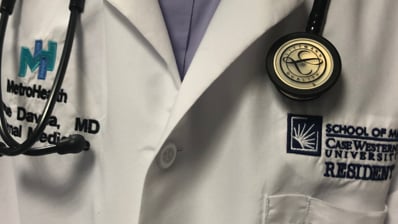
Residents
Our program has a rich tradition of educating residents in the field of pathology for over 80 years.
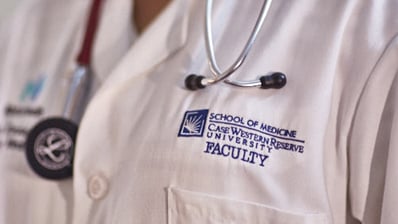
Faculty
We are a teaching hospital of Case Western Reserve University School of Medicine, where our faculty members hold academic appointments.
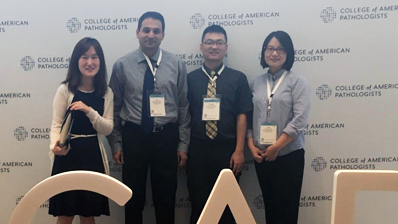
Research
Residents participate in scholarly activity, including research or a presentation at a regional or national meeting, or publication of a book chapter.

Curriculum
The residency in pathology offers a graded increase in responsibility coupled with close supervision by our faculty.
Additional Programs

Cytopathology Fellowship
A comprehensive ACGME-accredited, one-year fellowship program in Cytopathology is offered in an academic institution affiliated with Case Western Reserve University School of Medicine.
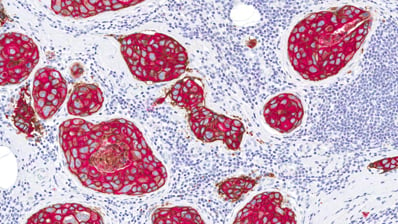
Surgical Pathology Fellowship
A one-year fellowship in general Surgical Pathology designed for individuals who wish to build upon diagnostic skills learned in residency.

Pathology Training Certificate Program
A one-year training program for a prospective pathology residency applicant who has completed medical school, to gain hands-on experience in pathology.
